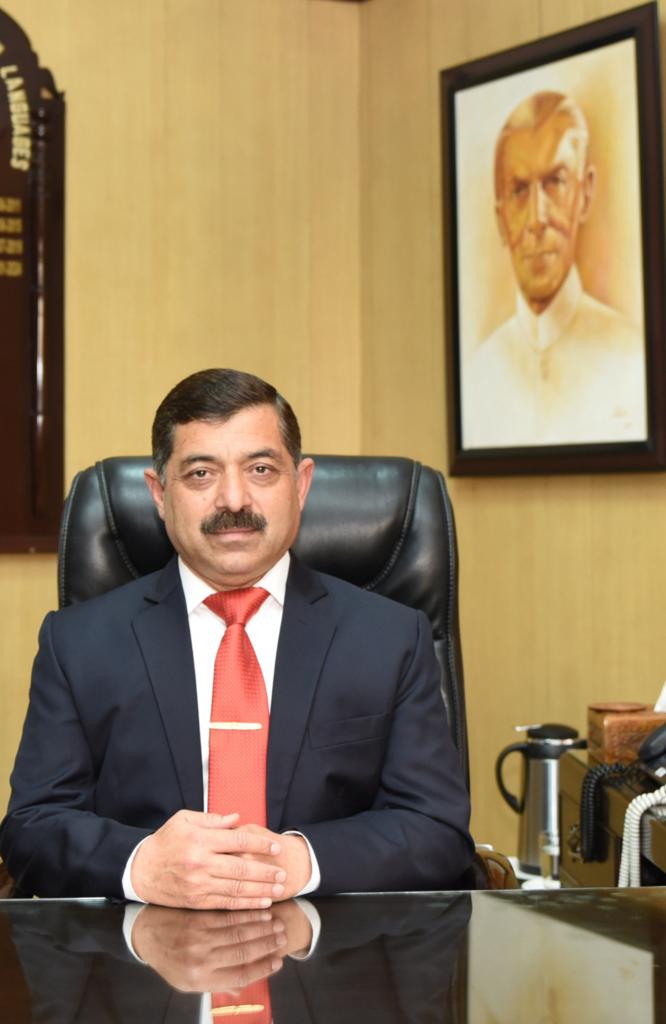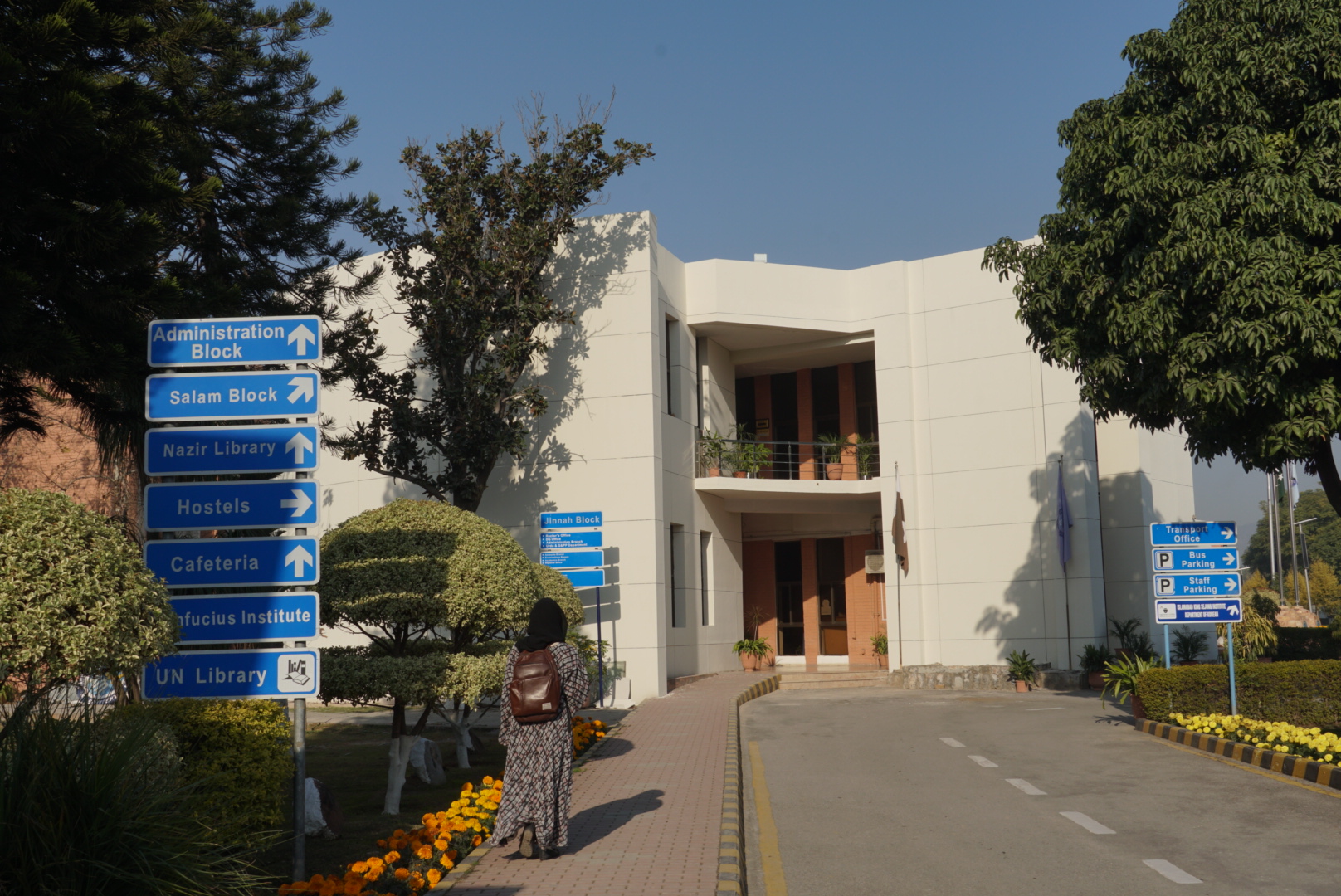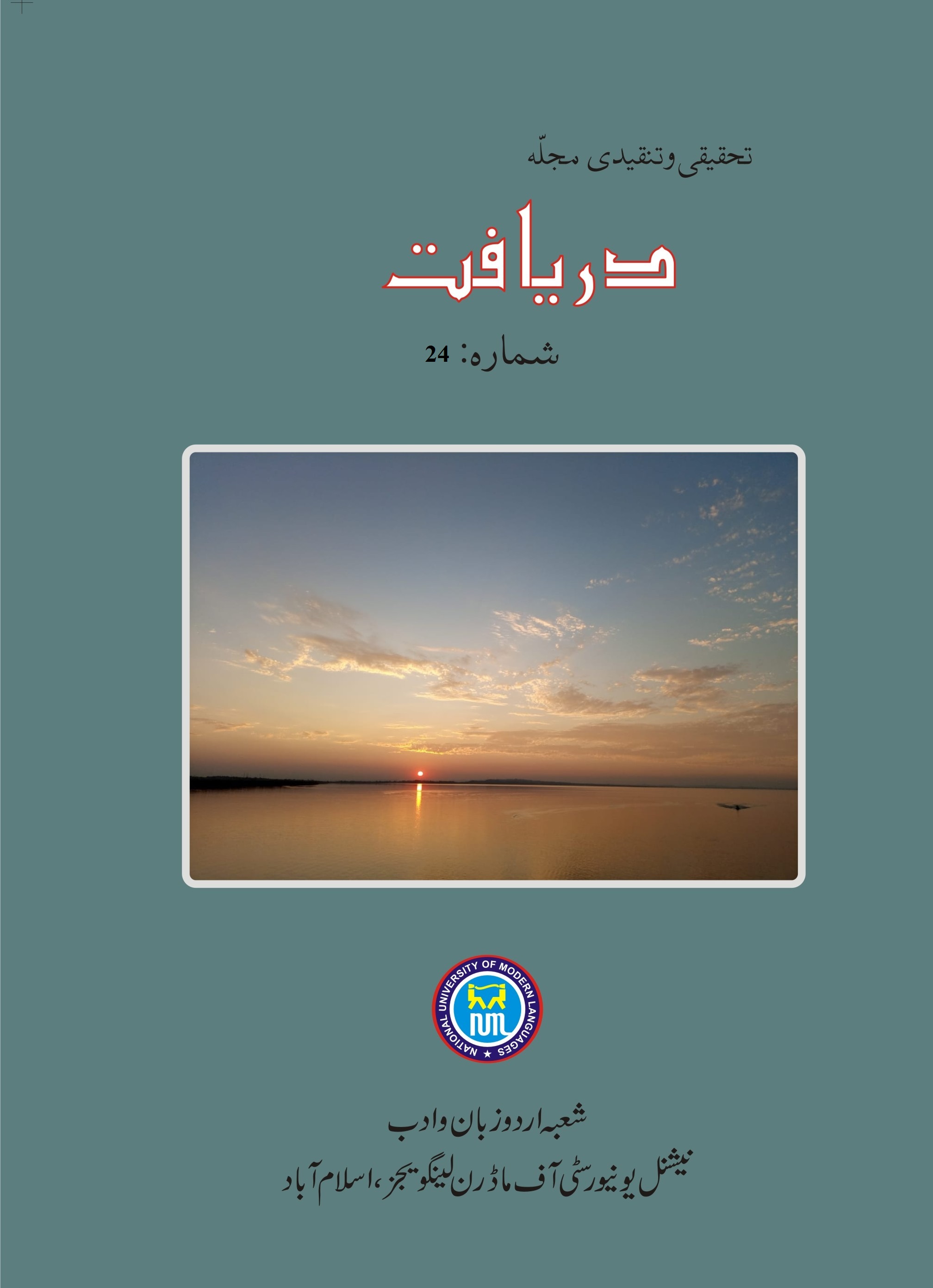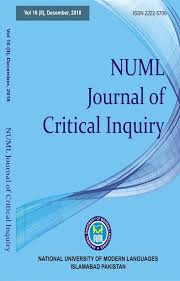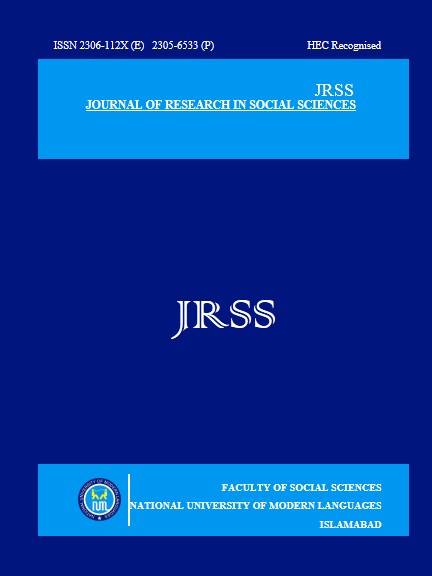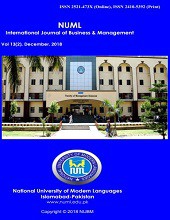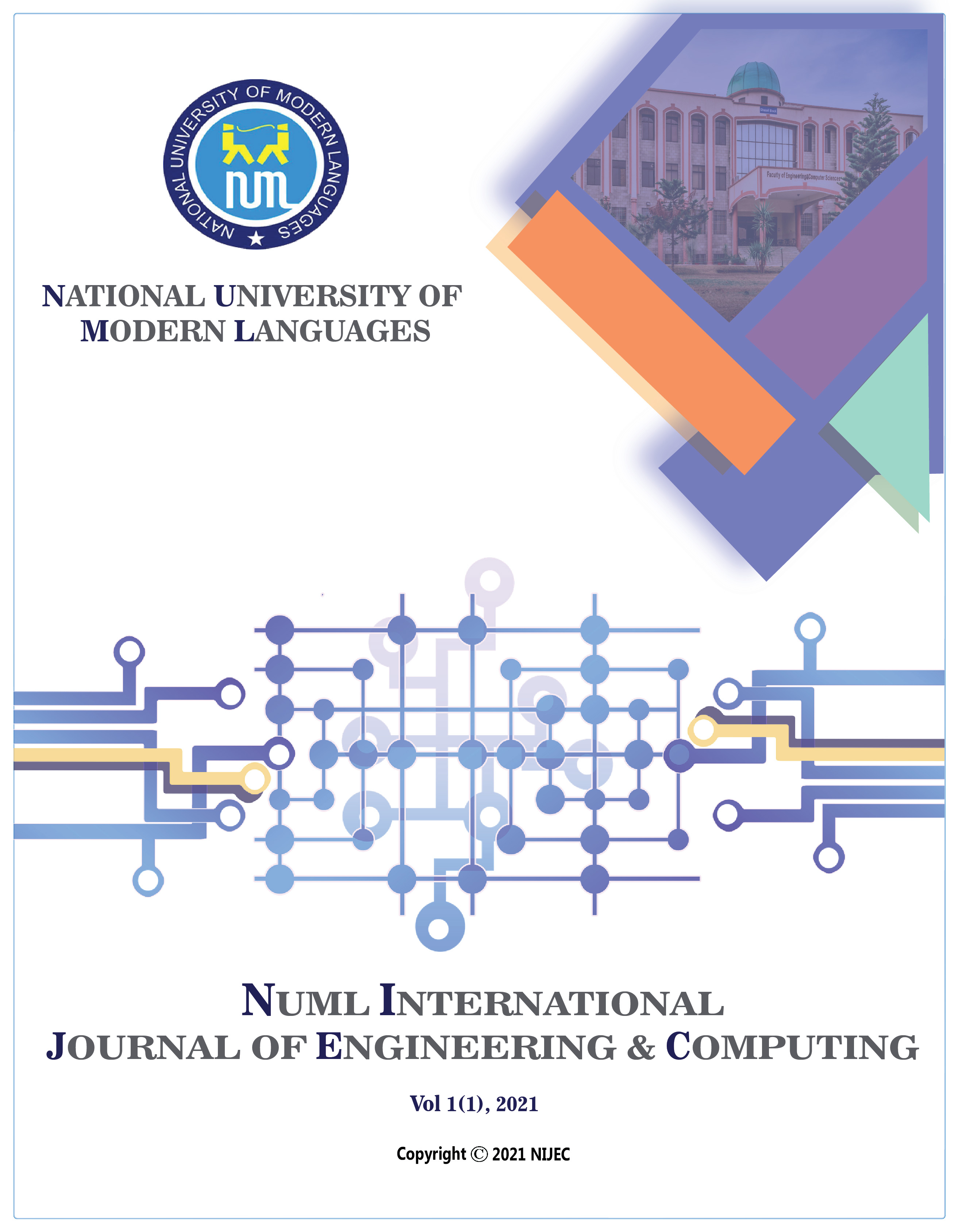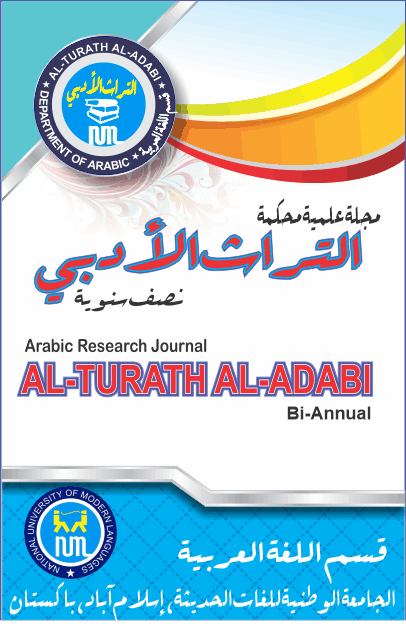Arabic, Urdu,Pashto,Saraiki The Study of Comparative and Translational work of Public Sector University of Pakistan
Introduction
It is said that, “Language is a culture”. In other means Literature is the mirror of a society. We can easily understand by literature, what is happening in the society or what has happened yet. It depicts the beliefs, attitudes, norms, behavior and ideas of the society. Literature can either be a fiction or non-fiction. It has a wide scope ranging from poetry, prose, drama, plays, and essays to stories and novels. Literature gives an opportunity to people to come closer to each other. It broadens a person’s intellectual horizon and stimulates a more active imagination of the world. The contemporary literature (Literature that has been written after World War II) also gives the society’s political, social and personal views. It also reflects the current trends in life and culture as they change often.
As a Muslim, Arabic has great importance in our lives. It is also spoken by 420 million native speakers around the word. Arabic has had a rich literature from centuries. The Arab world has gone through many transformations throughout the centuries by revolutions and uprisings. In the recent decades, the world has become a global village.
Millions of Pakistanis are working in golf countries. That demands knowing their culture, beliefs, thoughts, political and social circumstances. Comparative study of literature is one of the sources of understanding the world’s culture, their beliefs and circumstances.
It also opens the ways of understanding the history and social beliefs of the world. In this project we will explore the Translation and comparative studies of Arabic and Urdu/Pashto/Sarailki literature done in Public sector universities of Pakistan between 2000 to 2015. The objective of this study is to highlight the impact of Arabic literature on Urdu and other regional languages, i.e. Pashto and Sarsaiki in this era, and also highlight the work of prominent Arab and Pakistani literate. The study also focuses on the aptitude of universities towards comparative and translational studies
Objective
- To explicit the comparative study of Arab-Urdu or regional languages, literature work being done in the public sector universities of Pakistan.
- To highlight the impact of Arabic.
- literature on Urdu and other regional languages.
- To highlight the work of prominent Arab and Pakistani literate.
- To highlight the aptitude of universities towards transnational studies.
Details
Category: Thematic Research Grant Program
Representative: Dr. Kafiat UllahHamdani
Faculty/Department: Faculty of Social Sciences
Duration: 2017-18
Status: In Progress

